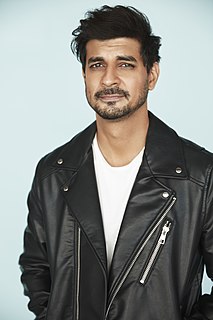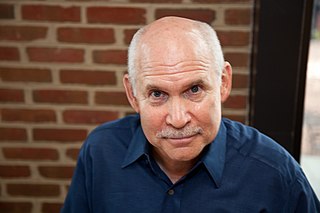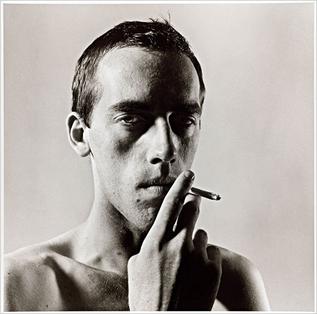A Quote by Stephen Shore
I don't know how much a photograph can add to a biography, the way a film or writing or narrative medium could. Because it's a frozen image.
Related Quotes
I bristle a little when the argument for film gets put into the nostalgia ghetto. Film is still the highest quality and best-looking image capture medium available. I don't think it always will be. The digital image will get better, and it will eventually surpass the quality of the film image, but it isn't there yet.
One book that has meant much to my writing is W.G. Sebald's The Emigrants. He uses a photograph of Vladimir Nabokov hunting butterflies in a similar way. The image or a reference to the image is traced throughout the four separate narratives. It sometimes seems to be the only link between the pieces, while the symbol Nabokov cuts remains wide open, a pencil sketch, a mystery to interpret outside his role as emigrant/observer.
Film is a temporal medium as much as it is a visual medium: you're playing with time, and you don't have that ability where someone can pause at home. That's such a fundamental part of what makes filmmaking exciting to me. I don't really have as much interest in any other medium. I just like the control.
I find myself skeptical of music that forces you to have a certain experience, emotional reaction, or specific constructive arc of experience. But performers should still take care of that, to a certain extent - how does it add up? What you want from performance, because we're all in a room together, is that somehow we've gotten somewhere at the end, together. You could call that a sense of narrative, but it's not so obvious how that happens. One way it happens is by everyone caring about it happening.
I would make a huge distinction between theater improvisation and film improvisation. There isn't much improvisation in film - there's virtually none. The people that theoretically could be good at this in a theater situation don't necessarily do this in a film in a way that will work, because it's much broader on a stage. But in a movie, it has to be real, and the characters have to look entirely real because it's being done as a faux documentary, so there are even fewer actors that can do that on film.



































